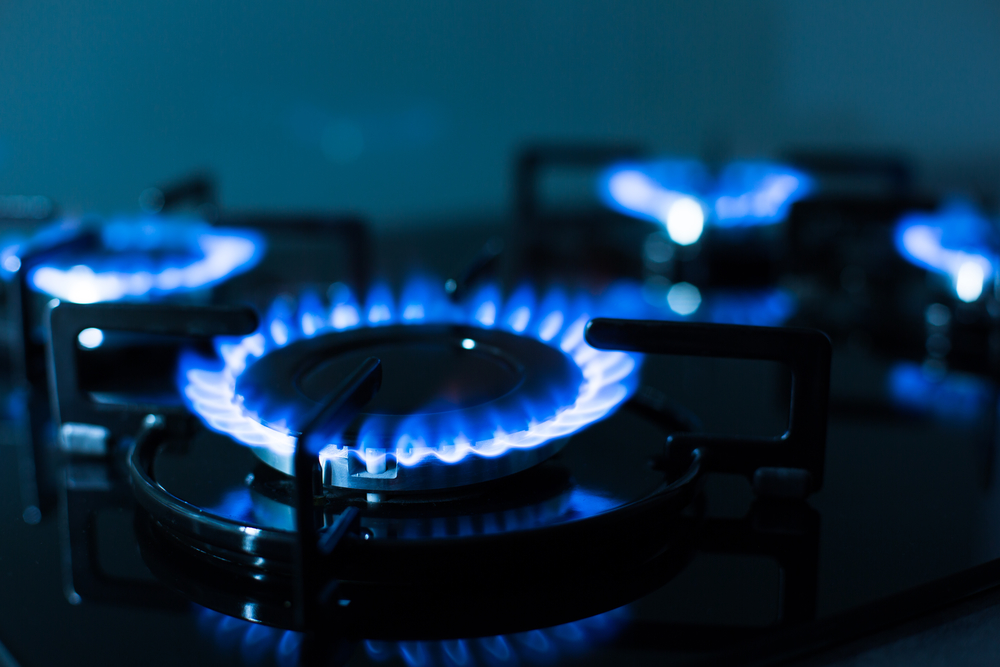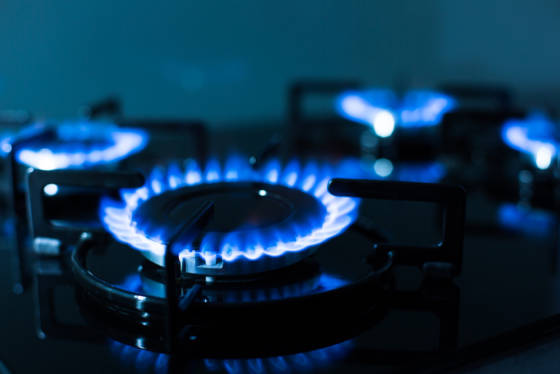Gas free plans hit obstacles as politicians, grid operators raise questions


Efforts to make the Netherlands gas-free have hit a potential blockage as politicians argue about whether households can be forced to comply and current electricity networks are revealed as ‘too weak’.
The government has invested €120 million so far in trying to make 27 districts ‘guinea pigs’ in going gas-free and is aiming to have all households off gas by 2050.
But some residents in two districts in Breda have raised concerns about costs they will incur – for example in replacing all their cooking equipment if they are given induction hobs – and about an apparent lack of information.
Junior home affairs minister Raymond Knops told parliament in a debate that regional councils can compel people to get rid of their gas cookers in such areas ‘only if other methods have not been successful,’ reports the AD.
However MPs from two ruling parties, the VVD and CDA, have protested that people should not face fines for refusing to get rid of their gas powered ovens, saying that the process of decreasing gas use should be ‘step by step’.
Electric vehicles and heat pumps will also be too great a load on the current electricity networks, according to the major three companies Enexis, Liander and Stedin.
The three have almost doubled their investment in laying new lines in the past year – compared with 2015 – reports the Parool, which quotes Liander as saying the network capacity needs ‘to double’ to support electric vehicles and heat pumps.
Marc van der Linden, chief executive of Stedin, reportedly told the Parool that they need to invest €25bn to €30bn in strengthening the network in the coming years, and that households will need to pay ‘a few tens more euros a year’ in electricity costs.
However some experts have argued that because the Netherlands has relatively little ‘green’ wind and solar power, trying to go gas free before 2030 could raise carbon equivalent emissions.
The PBL Netherlands Environmental Assessment Agency has admitted that it has underestimated the costs of the transition and is currently working on revised figures.
Thank you for donating to DutchNews.nl.
We could not provide the Dutch News service, and keep it free of charge, without the generous support of our readers. Your donations allow us to report on issues you tell us matter, and provide you with a summary of the most important Dutch news each day.
Make a donation